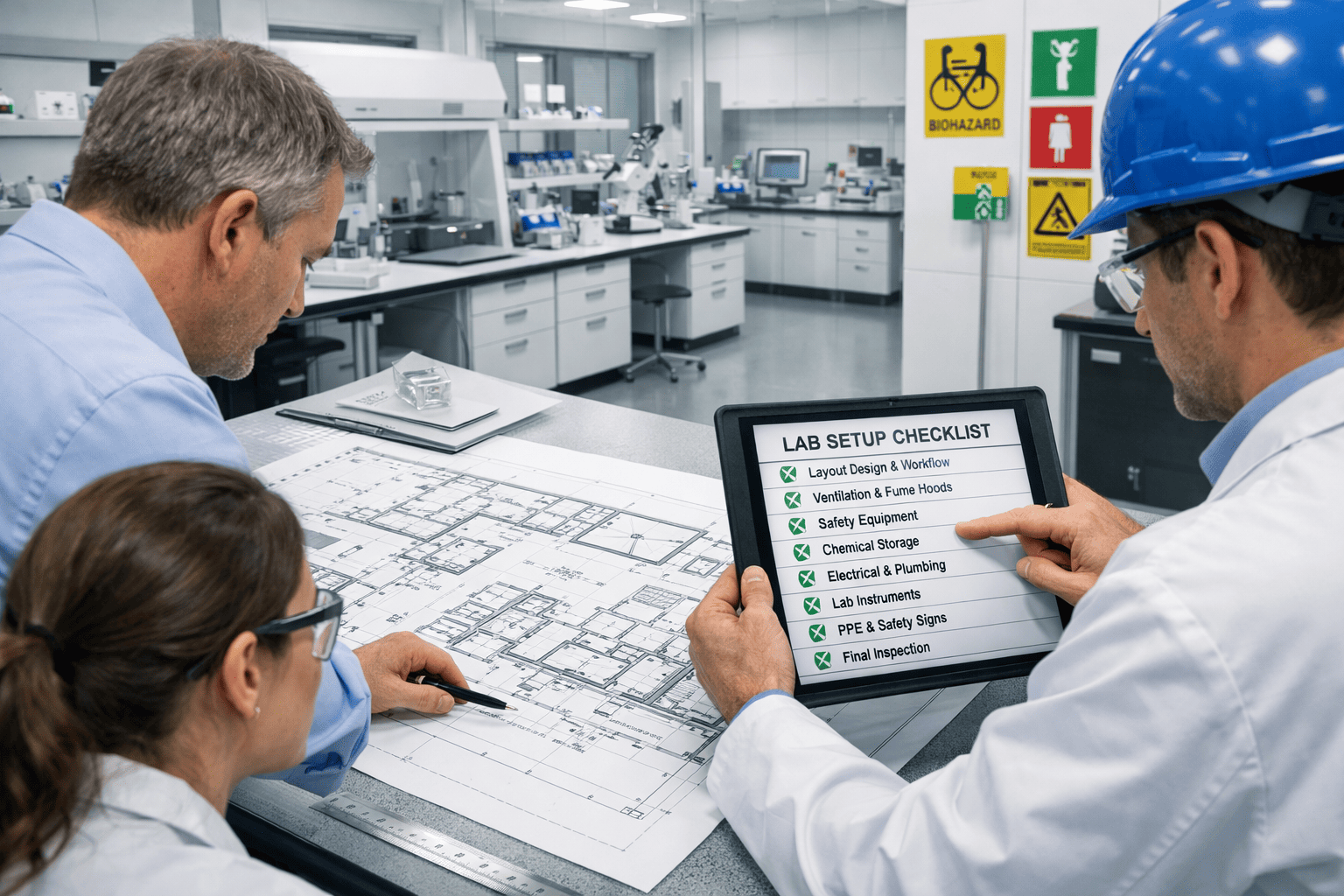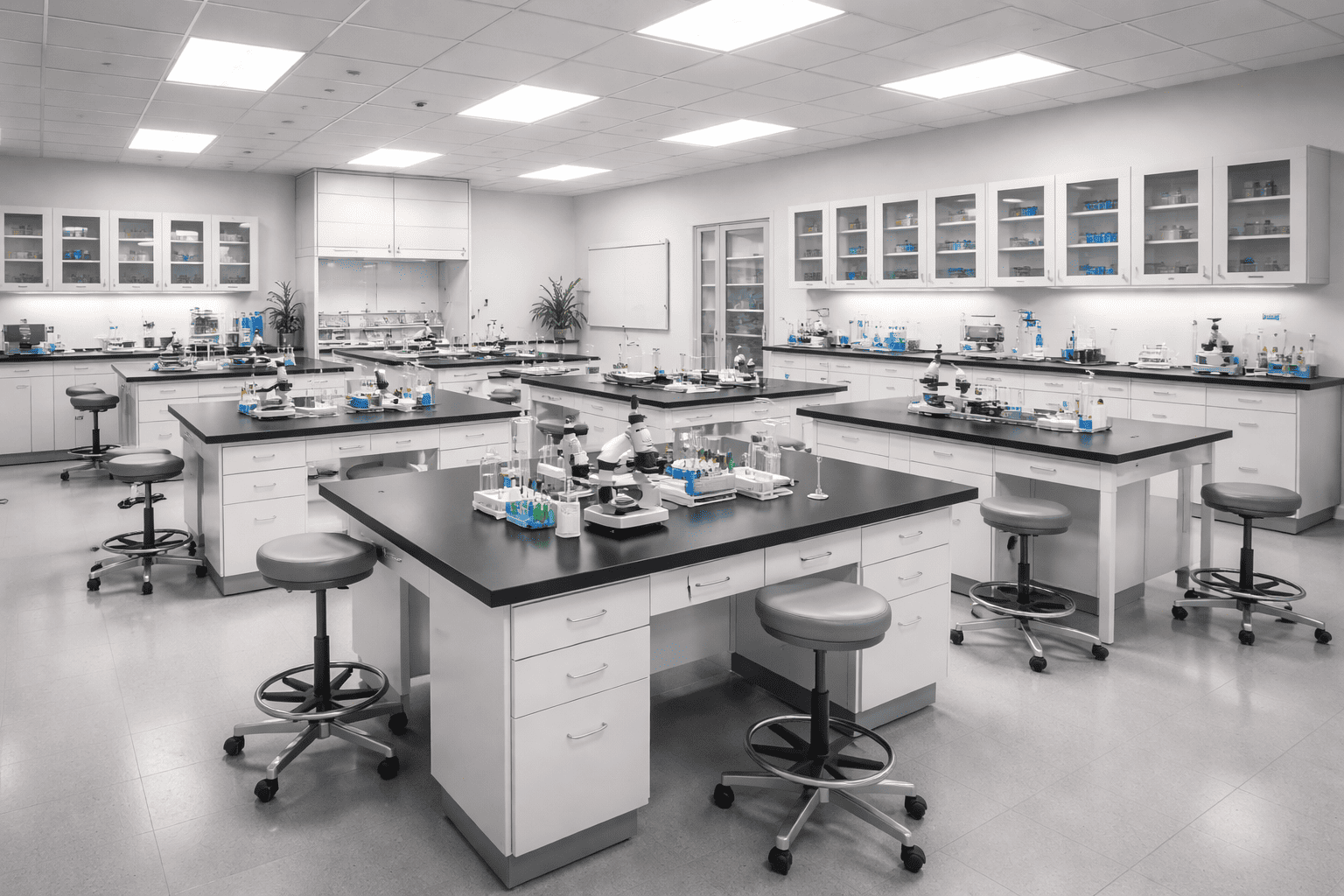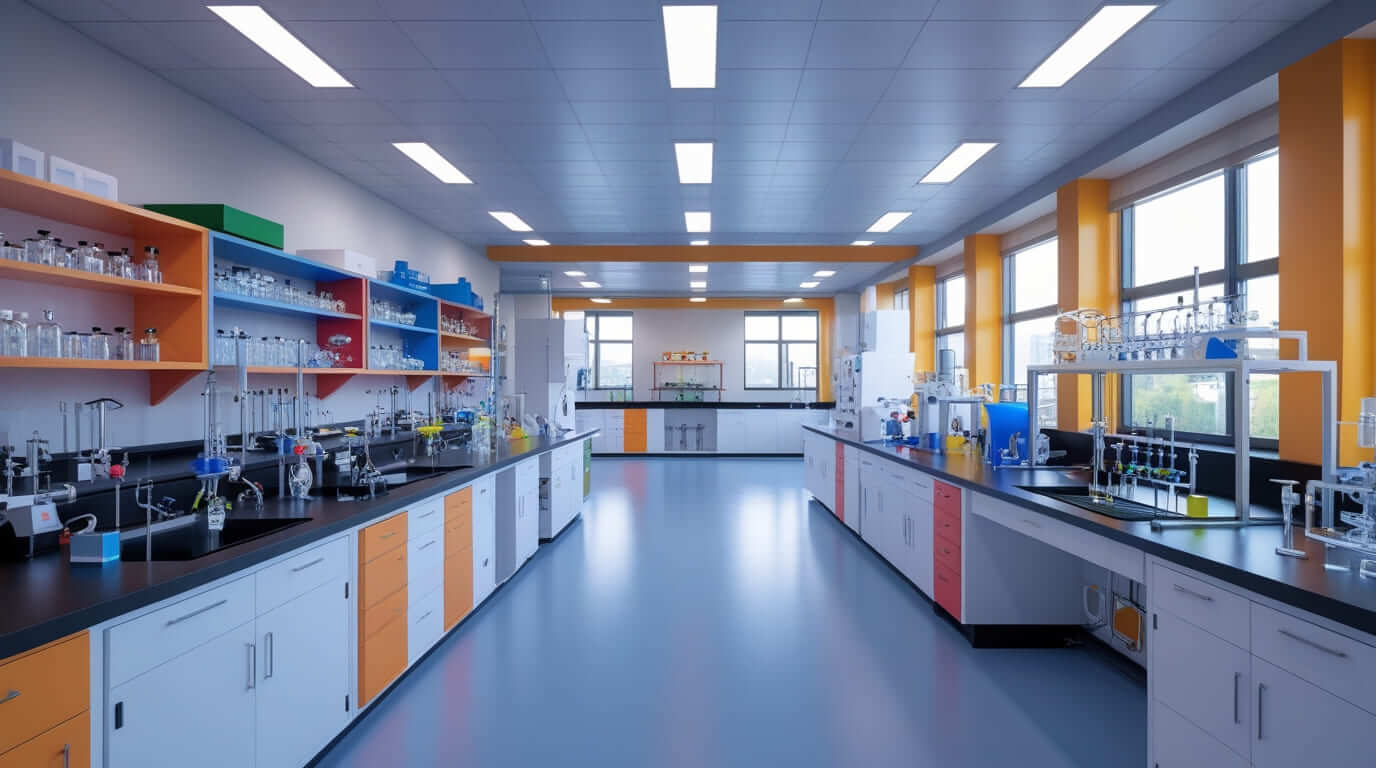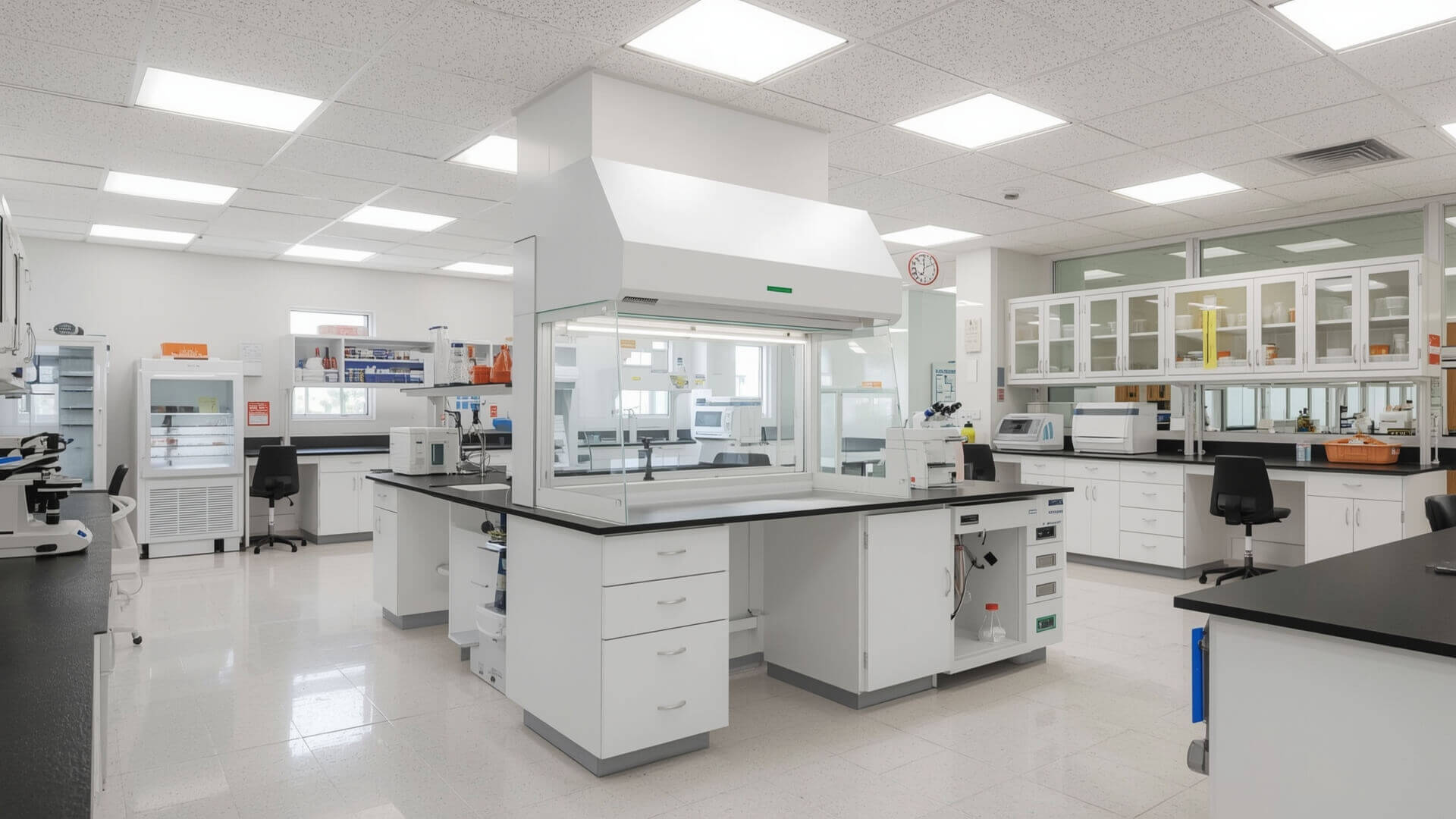
India is witnessing a surge in scientific and technological innovations, with startups playing a crucial role in shaping the country’s research and development landscape. From biotechnology and pharmaceuticals to materials science and environmental testing, every startup entering the research domain needs the right tools to function efficiently. One of the key investments for these ventures is lab equipment for startups.
Starting a new laboratory in India can be overwhelming, especially when balancing quality, compliance, and cost. In this article, we’ll explore how startups can make smart choices when investing in laboratory tools, and how choosing the right laboratory equipment’s manufacturers can impact long-term success.
Why Lab Equipment Matters for Startups
For a startup focused on scientific or industrial innovation, the laboratory is the heart of operations. Whether it’s a diagnostics lab, chemical analysis center, or biotech R&D setup, precision, reliability, and safety are non-negotiable. Quality lab equipment for startups not only improves productivity and accuracy but also ensures adherence to safety standards and regulatory compliance.
Startups typically operate under tight budgets and strict timelines. This makes it essential to choose scalable, durable, and easy-to-maintain equipment that doesn’t compromise on quality.
Essential Lab Equipment for Indian Startups
The specific equipment required depends on the nature of the startup. However, some common lab instruments and infrastructure requirements include:
1- Workbenches and Modular Furniture
Laboratory workstations must be ergonomic, chemical-resistant, and easy to clean. Modular lab furniture allows for flexible arrangements as the startup grows.
2- Fume Hoods and Biosafety Cabinets
These are critical for handling hazardous chemicals and biological samples. Startups working in biosciences, pharma, or chemical R&D must invest in high-quality safety enclosures.
3- Centrifuges and Incubators
For biotechnology or diagnostic labs, these instruments are vital. Temperature control, speed precision, and reliability are key when selecting these items.
4- Microscopes and Imaging Systems
Optical and digital microscopes are needed for cellular studies, material inspection, or pathology analysis. Startups must choose high-resolution, user-friendly models.
5- Spectrophotometers and Analytical Instruments
These are essential for quantitative analysis in chemical, environmental, and food labs. Accuracy and ease of calibration are important buying criteria.
6- Refrigerators, Freezers, and Cold Storage
Sample preservation is vital in many scientific processes. Laboratory-grade cold storage equipment ensures reliability, especially in extreme Indian climates.
Choosing the Right Laboratory Equipment’s Manufacturers
When selecting laboratory equipment’s manufacturers, startups should evaluate more than just price. Reliable suppliers offer quality assurance, installation support, and maintenance services. Here are some factors to consider:
- Certifications: Look for ISO certifications and compliance with international safety standards.
- After-Sales Support: A responsive service team and readily available spare parts can save time and money in the long run.
- Customization: Some Indian laboratory equipment’s manufacturers offer custom-built solutions for unique startup needs.
- Reviews and Testimonials: Seek references or case studies of successful installations for other startups in your domain.
Choosing the right partner can ensure that your lab is set up efficiently and meets the standards required for funding, collaborations, and product development.
Cost-Saving Tips for Startups Buying Lab Equipment
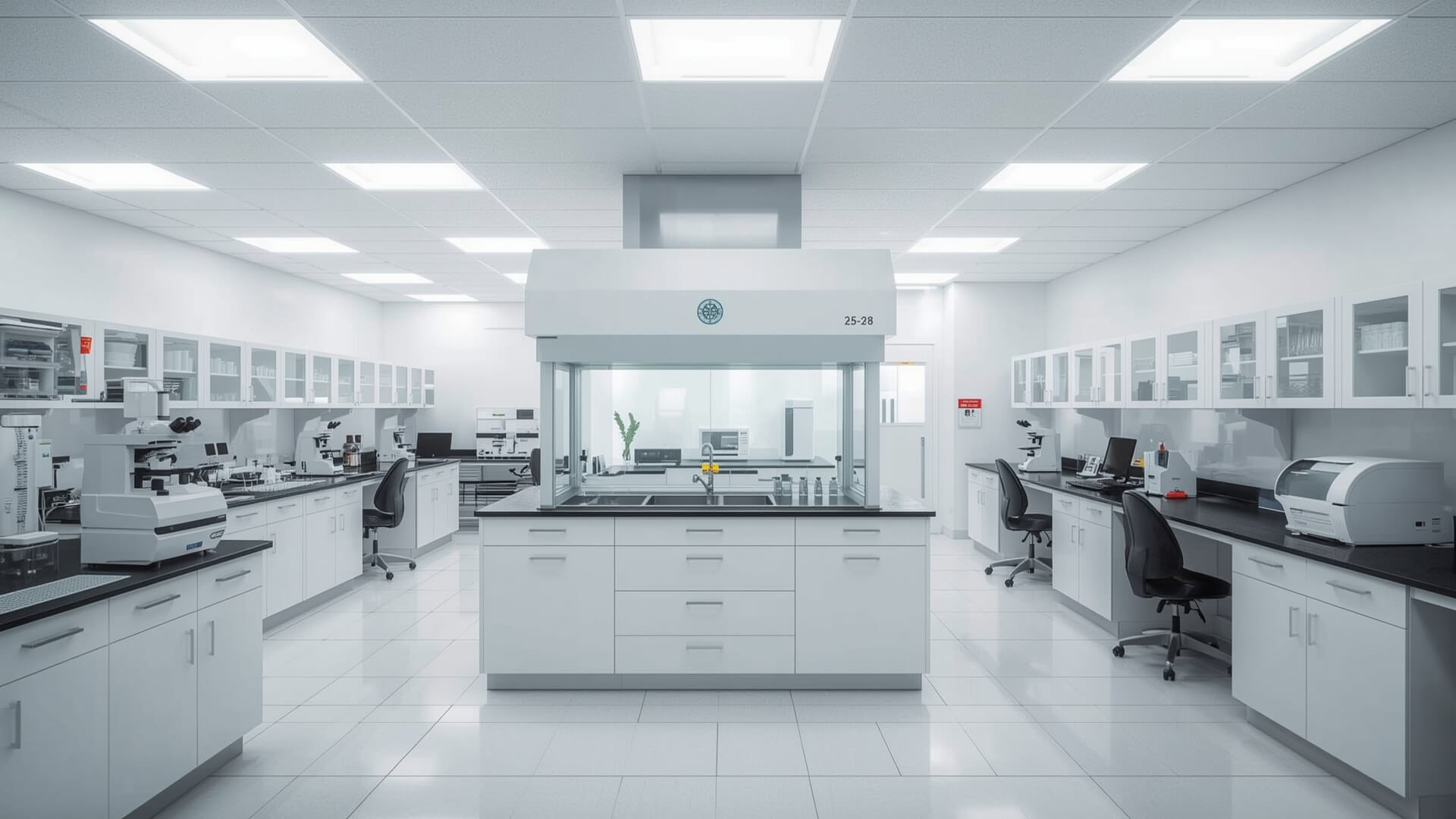
Building a fully functional lab requires strategic planning. Here are some cost-saving tips for startups in India:
1- Start Small, Scale Smart
Begin with essential equipment and expand gradually. Modular systems and multi-purpose instruments can reduce initial costs.
2- Look for Bundled Offers
Some vendors provide lab setup packages, which include furniture, equipment, and installation at discounted rates for startups.
3- Buy from Indian Manufacturers
Importing equipment is often costlier and may face customs delays. Buying from local laboratory equipment’s manufacturers can reduce both costs and lead times.
4- Consider Refurbished or Certified Pre-Owned Equipment
For non-critical processes, certified used equipment can be a good temporary option to reduce capital expenditure.
5- Apply for Government Schemes
Indian government initiatives like Startup India and BIRAC offer financial support or subsidies for scientific infrastructure.
Trends in Lab Equipment for Startups in India
As technology evolves, Indian startups are increasingly adopting advanced lab solutions:
- Smart Labs: Integration of IoT and AI for real-time monitoring, data analysis, and equipment automation.
- Sustainable Equipment: Eco-friendly solutions like energy-efficient fume hoods and waste minimization devices.
- Compact & Mobile Labs: For field research, especially in agriculture, healthcare, and environmental sectors.
These innovations are helping startups lower operational costs and enhance research productivity.
Conclusion
Setting up a laboratory is a foundational step for any research-driven startup. With careful planning and the right investments, startups can create efficient, safe, and scalable labs tailored to their goals. Whether it’s biosciences, testing services, or materials R&D, sourcing high-quality lab equipment for startups is a critical success factor.
Collaborating with trusted laboratory equipment’s manufacturers can help startups ensure that their lab setup is not only compliant and safe but also adaptable to future needs. As the Indian innovation ecosystem grows, well-equipped startups will continue to lead the way in scientific and industrial breakthroughs.


